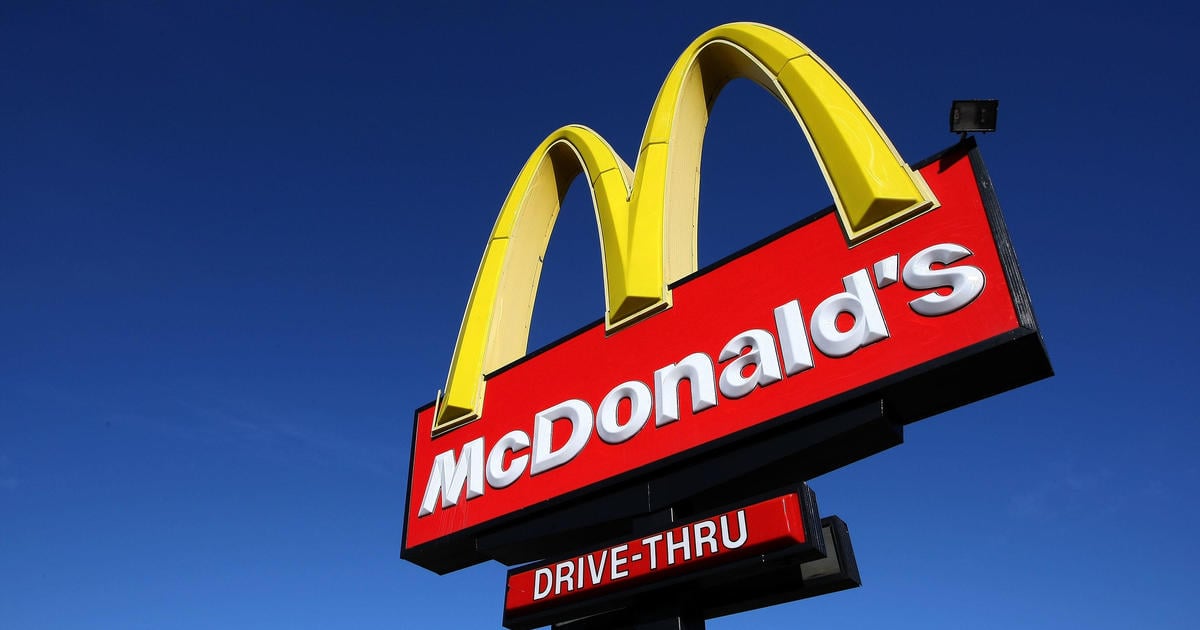Kevin Roberts remembers when he could get a bacon cheeseburger, fries and a drink from Five Guys for $10. But that was years ago. When the Virginia high school teacher recently visited the fast-food chain, the food alone without a beverage cost double that amount.
Roberts, 38, now only gets fast food “as a rare treat,” he told CBS MoneyWatch. “Nothing has made me cook at home more than fast-food prices.”
Roberts is hardly alone. Many consumers are expressing frustration at the surge in fast-food prices, which are starting to scare off budget-conscious customers.
A January poll by consulting firm Revenue Management Solutions found that about 25% of people who make under $50,000 were cutting back on fast food, pointing to cost as a concern.



I don’t think anyone actually thought that.
They’re simply making the point that the problem is not the wages paid to the employees, as you imply, but the obscene salaries paid to executives and franchisees.
That the American execurives and franchisees are not going to take the necessary steps to correct that problem pretty much goes without saying, but that doesn’t in any way change the fact that that is the problem
The profits today aren’t any different than the profits from 15 years ago (when fixing for economic growth). I’ve already done the math. The only significant variable that’s changed here is wages. I.e., expenses.
Undoubtedly.
And that in no way contradicts, or even really addresses, my point, which is not about overall expenses, but about the distribution of them - the portion that goes to employee wages vs. the portion that goes to executive compensation packages.
Why are you complaining that wages are on the increase? Who’s paying you?
Point out that complaint please.
And you read that as a complaint? That’s your issue if you interpret plain facts as complaints. Feel free to read a little more thoroughly.